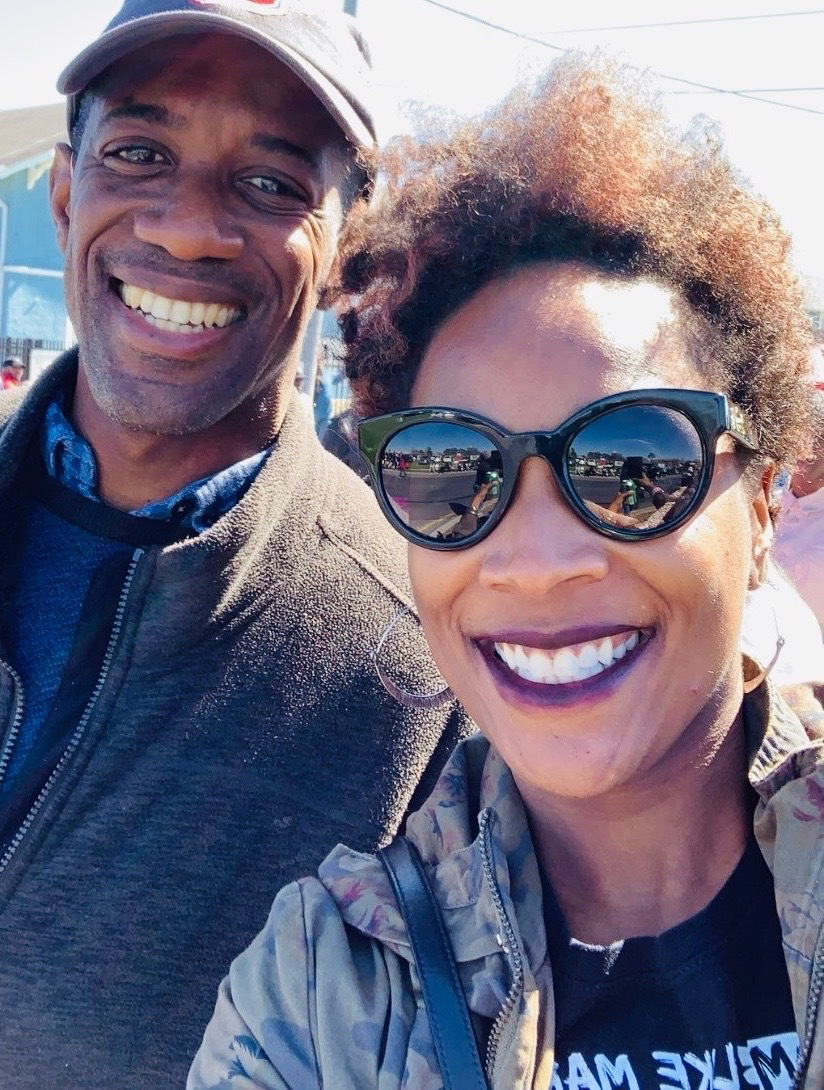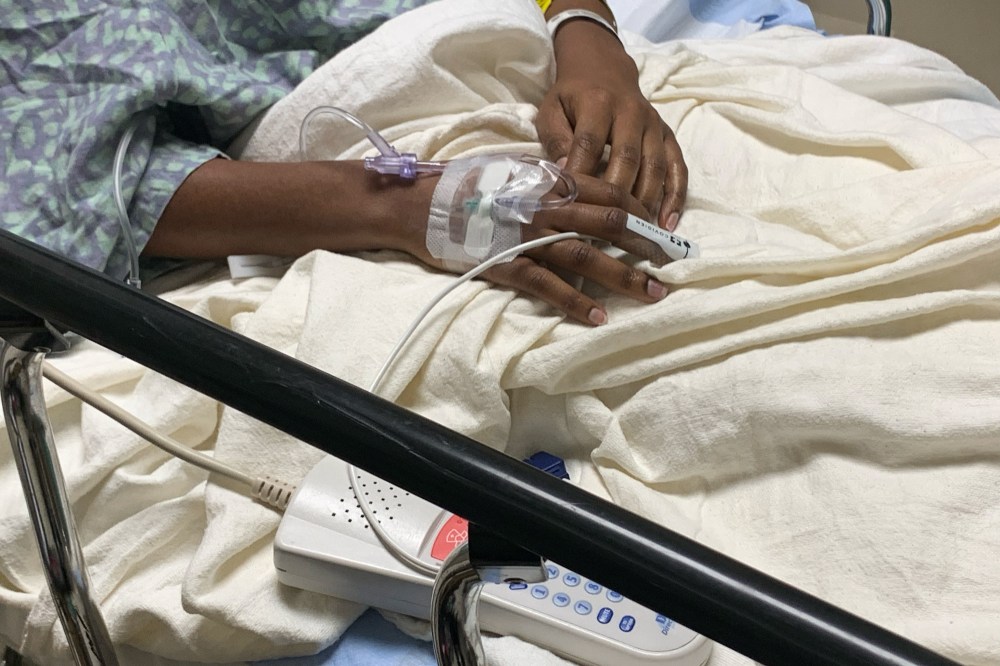Five years ago this month, a surgery team at Ochsner Hospital in New Orleans removed a kidney from my cousin Aisha and placed it inside me. Before the transplant, a doctor had noted that the surgery a living donor endures is the only one that provides no physical benefit to that patient. Even now, a mixture of gratitude and disbelief still comes over me when I think about Aisha subjecting herself to an operation so I could be well, and I honor her gift by doing everything I can to preserve it.
Immunosuppression is a necessary component of a transplant surgery and living with a transplanted organ.
Immunosuppression is a necessary component of a transplant surgery and living with a transplanted organ. Doctors counseled me and my family beforehand that there are known cases of transplant patients whose immune systems are so weak that mere colds sent them to the hospital. We were particularly concerned as I recovered from surgery because every day brought more awful news of a new coronavirus spreading across the United States.
I took great pains, then, to keep myself free of infections, not only for my sake, but for my cousin’s sake, too. There was a lingering fear that something would happen to me that would cause her to believe that her sacrifice had been in vain.
It’s because I know what it feels relying on another person’s organ to stay alive; know what it’s like being quick to get sick and slow to heal; and know the fear of squandering the organ that was given to me that I can’t comprehend a recent news story out of Cincinnati: A couple distantly related to Vice President JD Vance is refusing to agree to the vaccinations required to put their 12-year-old daughter on a heart transplant list.

Janeen Deal, who says her family has a religious objection to vaccines, considers it an outrage that doctors won’t put her and her husband’s child on the list without her being inoculated against the flu and Covid. But another person’s organ is too precious, the list of donors is too long and the risks of life-threatening infections are too great to let people who choose not to protect themselves and their loved ones from infectious diseases be considered for transplanted organs.
Without naming the girl, Cincinnati Children’s Hospital issued a statement Wednesday that reads in part, “Our responsibility is to ensure that every donated organ is used in a way that maximizes successful outcomes for children in need.
“Because children who receive a transplant will be immunosuppressed for the rest of their life, vaccines play a critical role in preventing or reducing the risk of life-threatening infections, especially in the first year. These decisions involve discussion between our providers and the patient’s family.”
There’s been a disturbing movement of late to treat unvaccinated people as a protected class.
There’s been a disturbing movement of late to treat unvaccinated people as a protected class. Essentially, many of the same people who in other contexts reject diversity, equity and inclusion efforts here demand equity and inclusion for people who want the freedom to spread preventable diseases. But organ procurement agencies and transplant teams have every reason to privilege those who’ve taken steps to avoid or minimize the effects of dangerous infections.
While everyone who needs a transplant is equal under the law, it’s never been the case that everyone has an equal chance of getting one. Aisha and I lost our cousin Kevin, whose diabetes had caused his kidneys to fail, about 12 years ago. He couldn’t get on a transplant list, he told me, because doctors said he weighed too much. He died at 39.












